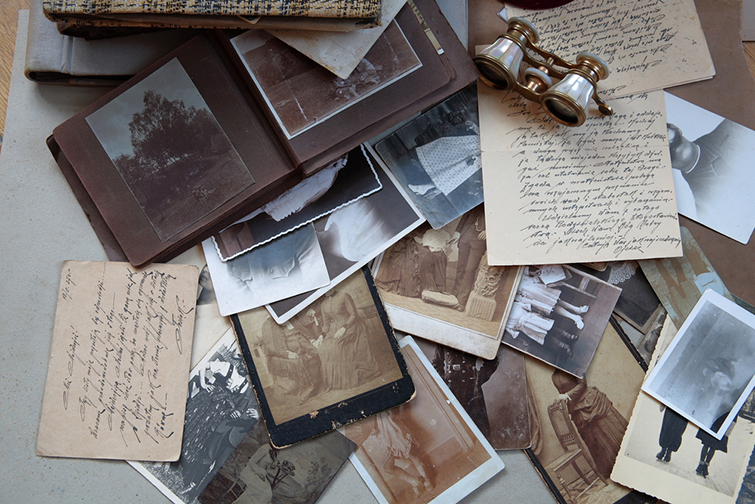
Documentary Filmmaking 101: Effectively Researching Your Topic
Research and documentary filmmaking go hand-in-hand. So what resources can you use to find the most accurate information for your next project
The process of researching a documentary subject can unveil fascinating details in your film’s narrative. Documentary research can develop undiscovered plot lines, help you find new characters, and uncover secrets. An effectively researched documentary can provide a narrative that is captivating and informative.
Below we’ll detail some of the resources you can use to effectively research your own documentary film project.

Image via Andrzej Sowa.
Academic Research Papers
Academic research papers are wonderful tools for documentarians. Chances are that there are academic research papers out there about your topic. A simple Google search or thumbing through references on Wikipedia can uncover many of them.
I like to consider these papers as a launching pad for most documentary projects. They typically provide a wealth of information that will send you down many different avenues of research. And since these papers always contain references, you can also track down plenty of the original sources the author relied on.
Newspapers
Currently, I’m researching a documentary, and a research paper briefly mentioned a newspaper article that I hadn’t heard of. After some searching online, I found the newspaper had been digitized and was easily available. After reading the article, I found a part of the topic that I hadn’t uncovered during two months of previous research. For this reason, I find newspapers extremely valuable documentary research resource. If the paper you’re looking for isn’t digitized, you could always visit the publication’s local library where you can view the slides or microfilm.
Firsthand Accounts
Research interviews can uncover a lot of information about a subject or topic. By simply allotting time to chat with key subjects about a topic, you can uncover valuable information that may not be available online or in books. Accessing this less-than-public information can give your documentary a unique creative edge and further engage your audience in the story.
Archival Footage or Photos
If available, archival footage or photos can provide contextual visual information to your film. For example, the documentary series Wild Wild Country was full of archival footage of the story. This was one of the many reasons the show felt so unique — it was the only way to see this story. This archival footage supported the narrative and, I’m certain, provided many new plot points of discovery during the project’s research phase.
Each documentary topic is different. However, research is an essential aspect of every project. A thoroughly researched documentary will provide a stronger narrative and a much better film than one that simply explores as it goes. Strong research ensures a successful and captivating documentary film.
Cover image via Rawpixel.com.
Looking for more articles on film and video production? Check these out.






